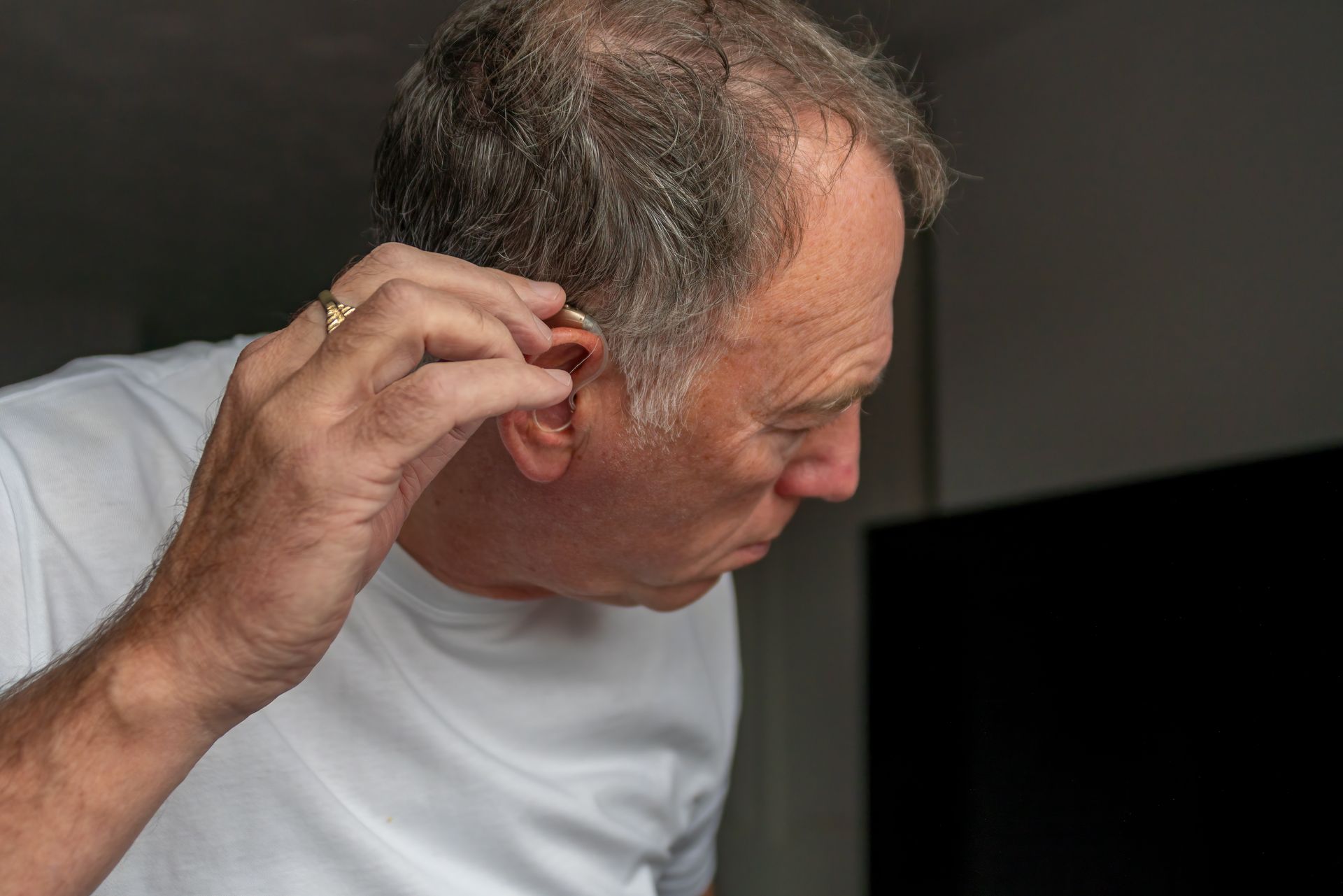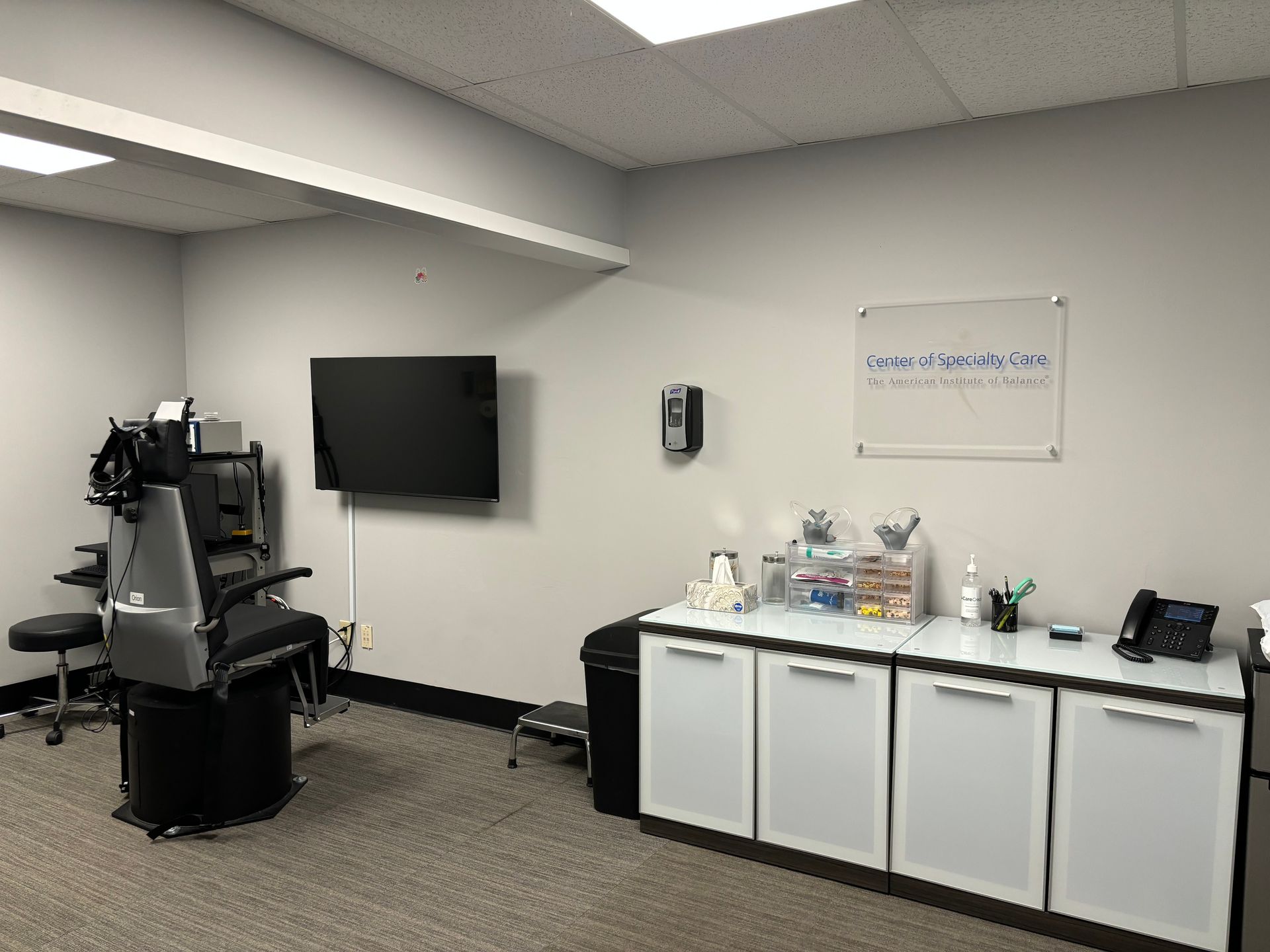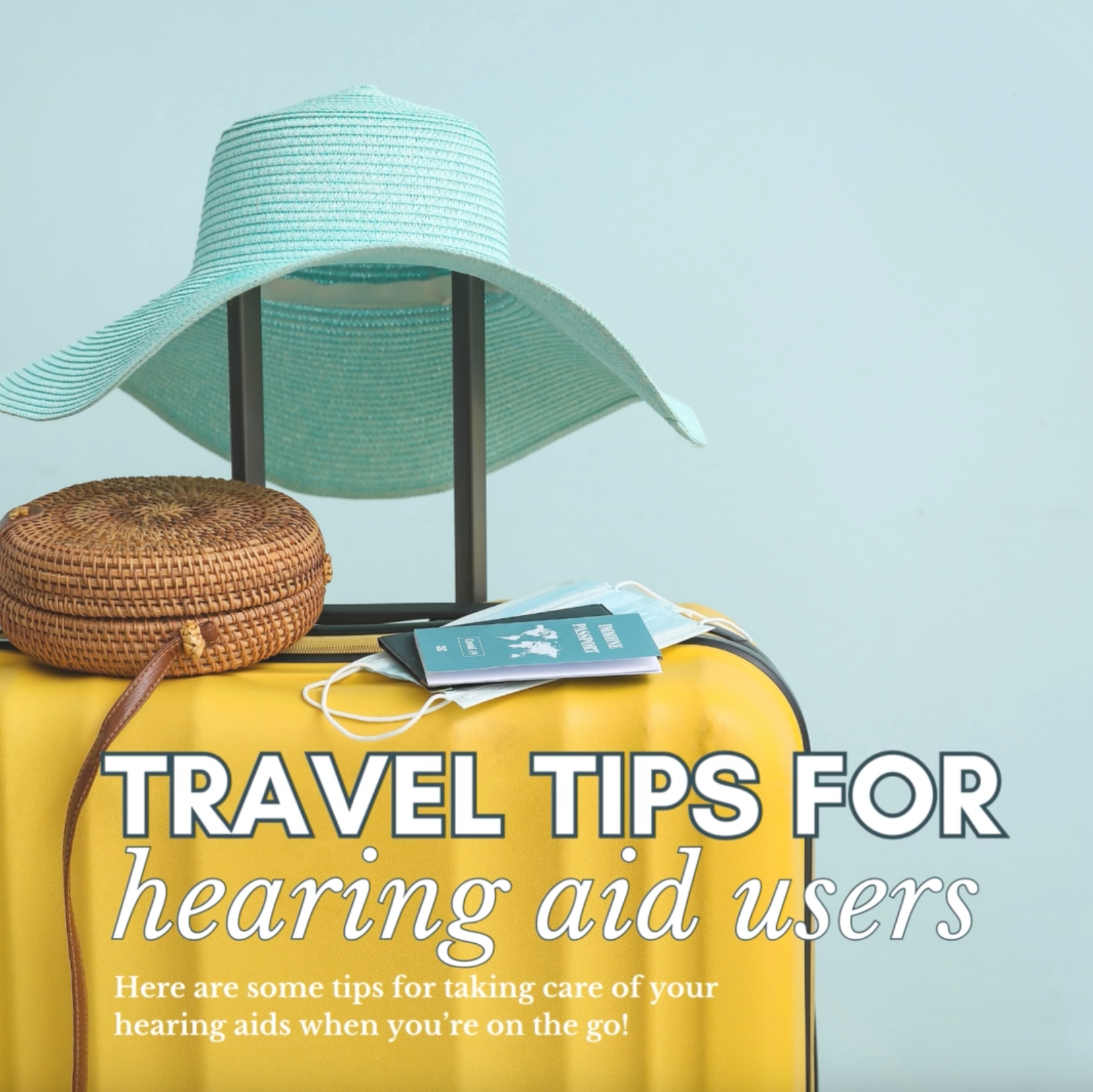Over-the-Counter and Medicare Expansion Updates
I am sure over the last few years you have heard the news regarding the Over-the-Counter Hearing Aid Act. Now, we have the Build Back Better Act that will also change many aspects of how audiologists can provide care and what is covered related to hearing healthcare for those on Medicare. This will be a topic that will need to be discussed often over the next several months, as things will change. This blog, and future blogs, will be posted to educate you on what this means for you as a patient with hearing loss.
OVER-THE-COUNTER BILL
On October 20, 2021, the U.S. Food and Drug Administration (FDA) released a Proposed Rule Establishing Over-the-Counter Hearing Aids with a 90-day deadline for comments (due by January 18, 2002). This follows President Biden’s Executive Order of July 9, 2021, and initiates implementation of the FDA Reauthorization Act (FDARA) from 2017.
To break it down, here is what the current bill mentions:
Creation of a separate class of hearing aid, specific to over-the-counter and direct to consumer hearing aids.
Restricts access to those 18 years and older.
Require an open-access software platform – meaning it can programmed and adjusted by anyone.
*Still not addressed for the prescription and air conduction classes but should because it was mentioned in several reports.
Removal of the current medical clearance waiver requirement for all adult hearing aid purchases, irrespective of the class of hearing aid.
Require a brochure/user manual be suppled with every hearing aid purchase. This can be printed, digital, or phone access for additional information.
Reconfiguration of the entire classification system for hearing aids, including the current Class I and Class II devices, over the counter devices, and personal sound amplification products. The proposed hearing aid classifications are OTC, Prescription, Bone Conduction and Air Conduction.
Require greater pre-market approval for new and emerging technologies.
Here is what is missing or lacking from the bill that you need to be aware of:
Require a return for credit capacity regulated by the Federal Trade Commission (FTC). This does not currently exist in FDA regulations or in every state hearing aid dispensing law but needs to be addressed in the final bill.
Requirement for audiometric prescription from an audiologist or physician (consistent with the Eyeglass Rule in optometry) prior to purchase of a non-OTC hearing aid. This would include otoscopy and pure tone audiometry and would be regulated by the FTC.
*The “prescription” requirement is not defined well and there is zero FTC engagement, so hopefully this will be remedied in the final ruling.
Eliminate all manufacturers limitations on the sale of hearing aids as long as the FDA and/or FTC regulations are met. This could allow for remote, direct to consumer delivery of every class of device, using telehealth. This too is consistent with the Eyeglass and Contact Lens Rules.
*This is also not clear yet, because it revolves around the “prescription” itself.
BUILD BACK BETTER ACT
On November 19, 2021, the U.S. House of Representatives passed an amended version of the Build Back Better Act (H.R. 5376) that includes several hearing-related provisions that would impact Medicare patients and audiologists, if ultimately enacted. The bill includes provisions that would add coverage of treatment services provided by audiologists and would reclassify audiologists as practitioners, two of the three provisions in the Medicare Audiologist Access and Services Act (MAASA).
MAASA was introduced on May 19, 2021 to accomplish the following:
Allow direct access to audiological services for Medicare beneficiaries. Currently, a referral from their primary care physician is required for coverage of diagnostic only services (includes testing only, no coverage for hearing aids or services provided by audiologists that are within their scope of practice).
Reclassifying audiologists as practitioners, which is consistent with other Medicare recognized non-physician providers. This would allow audiologists to furnish services via telehealth permanently, which is only partially permitted during the Coronavirus Disease 2019 (COVID-19) public health emergency.
Streamlining Medicare coverage policies so that audiologists can provide the full range of Medicare-covered diagnostic and treatment services that correspond to their scope of practice.
The Build Back Better Act does not include a provision to eliminate the physician order requirement for Medicare beneficiaries as a condition of coverage of audiology services.
NOW FOR THE PART THAT WE HAVE ALL BEEN WAITING FOR….HEARING AID COVERAGE THROUGH MEDICARE!!!
Here is what the bill currently states:
Coverage of hearing aids for individuals with moderately-severe to profound hearing loss in one or both ears once every five years if furnished through a written order by an audiologist, physician, or other practitioner for devices that are determined appropriate by the U.S. Secretary of Health and Human Services.
Here are my initial thoughts based on this wording. It appears that there will be a certain degree of hearing loss required for Medicare to cover the hearing aids. Which means they will require a comprehensive audiogram completed by an audiologist. Many of my patient’s hearing loss does not fall into the moderately-severe to profound hearing loss range. Therefore, it may not cover hearing aids for all beneficiaries, unless the hearing loss requirement is met.
Before you get all excited about the fact that Medicare may cover the cost of hearing aids, pay attention to the wording of coverage. It may not cover it for everyone, and it may not cover the entire cost. If reclassifying audiologists as practitioners does not happen, then the services provided to fit those hearing devices may not be covered.
Here’s another fact that you may not fully understand. If hearing devices are covered, which is common for some private insurance plans now, the services audiologists provide to fit and help maintain those devices are not always covered and is the responsibility of the patient. This includes in-office repairs, clean and checks, reprogramming, earmolds, and many other services that audiologists provide to keep their patients hearing well throughout the life of the device.
So, what’s next??
Many audiologists and audiology organizations such as the American Academy of Audiology (AAA), American Doctors of Audiology (ADA), and American Speech-Language-Hearing Association (ASHA) are advocating for further amendments to improve beneficiary access to audiology services and to support consumer protection, transparency, competition, and patient choice.
There is a 90-day deadline for comments for the OTC bill that ends on January 18, 2002. Anyone can post a comment on the bill by visiting the following site:
I’ve made my comments and suggestions and hope that all audiologists and those concerned with this issue will comment as well.
I promise I’ll keep you posted of further updates as time progresses. And if you need help with your hearing – DON’T WAIT – call 4 Bridges Audiology today and make your appointment to start improving your hearing and your life!











